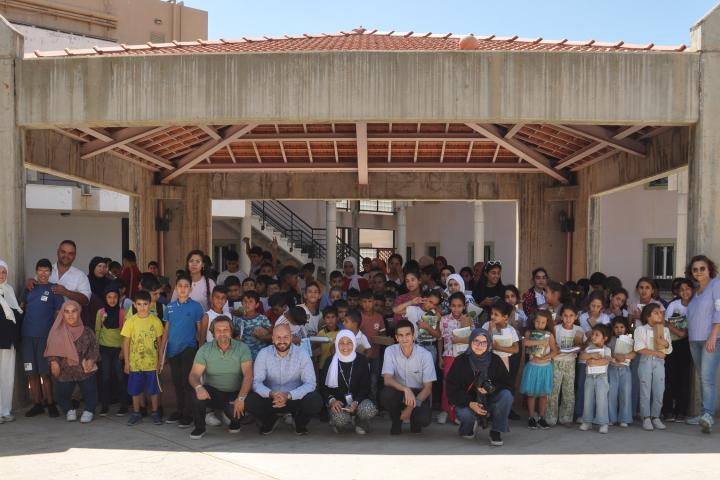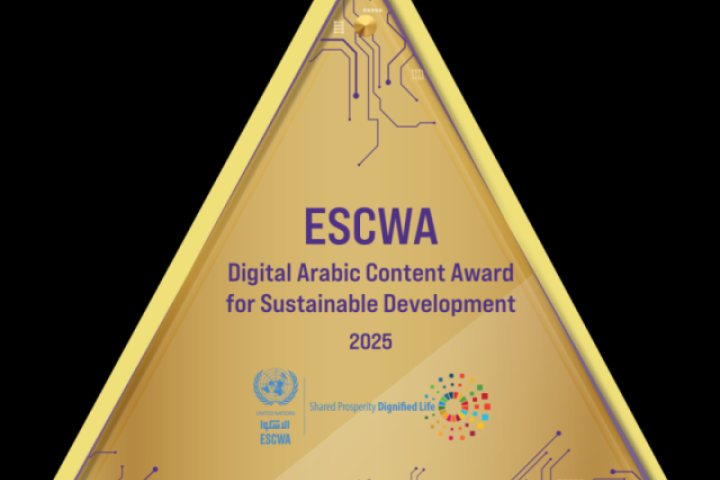Press release
4 Dec 2016
Beirut, Lebanon
Qatar Hosts ESCWA 29th Ministerial Council
Held under the title “The Implementation of the 2030 Agenda for Sustainable Development in the Arab States,” the Session will convene at the level of senior delegates on13-14 December, and at the ministerial level on 14-15 December. The ESCWA Session, which takes places bi-annually, represents its highest decision-making forum and mechanism.
Ministerial Discussions and Regional Priorities
This year’s session will see three ministerial roundtables on the implementation of the 2030 Agenda in the Arab States, which will cover the following topics, in particular:
- Challenges Facing the Implementation of the 2030 Agenda at the National Level;
- The Impact of Conflict and Occupation on the Implementation of the 2030 Agenda;
- Supporting Member States in the Implementation of the Sustainable Development Goals (SDGs): Methods and Tools.
Palestine and Social Justice
In addition to presenting the Report of the Executive Secretary on the activities of ESCWA since the former Session, including the follow-up on the "Tunis Declaration” and other decisions taken by the 28th Session, as well as presenting the draft Strategic Framework for the biennium 2018-2019, the ESCWA 29th Session will be looking into subjects of high priority to the Arab Region such as justice for the Palestinian people after fifty years of occupation. In this regard, the Session will examine (a) whether the policies and practices of Israel concerning the Palestinian people amount to apartheid, and are synchronized to constitute a comprehensive regime of apartheid; (b) the methodology, premises and approach suggested by the ESCWA Secretariat to calculate the comprehensive and cumulative cost to the Palestinian people of the Israeli occupation and its policies; and (c) a communication strategy to support the Palestinian people and their institutions in their struggle to achieve their legitimate rights, justice and peace.
The 29th Session will also focus on Gender mainstreaming in public institutions and on achieving social justice in the Arab region, from concept and vision to policy and practice. The ESCWA Secretariat is preparing a guide pursuant to the "Tunis Declaration on Social Justice in the Arab Region," which was adopted by ESCWA at its 28th Session (Tunis 15-18 September 2014) to assist Member States in formulating development policies and plans. The guide clarifies the social justice dimension in the implementation of the 2030 Agenda for Sustainable Development and of relevant international conventions. It focuses on practical steps and tools in this area, taking into account inter-Arab disparities in capacities, needs and institutional, economic, social and political structures.
ESCWA in Brief
ESCWA is one of the five UN regional commissions. It provides a framework for the formulation and harmonization of sectoral policies for member countries; a platform for congress and coordination; a home for expertise and knowledge, and an information observatory. It aims at supporting economic and social cooperation between the region’s countries and promoting development process in order to achieve regional integration.
Mauritania became member of ESCWA in September 2015. By this new membership, the number of ESCWA countries rose to 18, including: Bahrain, Egypt, Iraq, Jordan, Kuwait, Lebanon, Libya, Morocco, Oman, Palestine, Qatar, Saudi Arabia, the Sudan, the Syrian Arab Republic, Tunisia, the United Arab Emirates and Yemen.
*****
For more information:
Nabil Abu-Dargham +961-70-99 31 44
dargham@un.org
Ms. Mirane Abi-Zaki +961-76-04 64 02
abi-zaki@un.org
For more ESCWA news, please visit:
Website: www.unescwa.org Facebook: www.facebook.com/unescwa Twitter: @ESCWACIU



